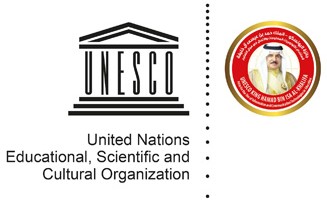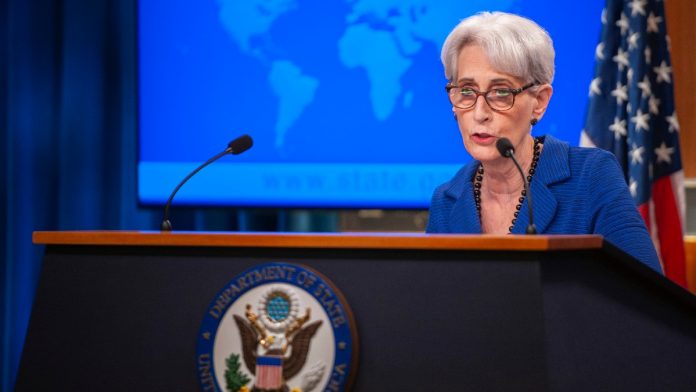 The GENIE program, developed by Morocco’s education ministry, won the UNESCO King Hamad Bin Isa Al-Khalifa Prize for Innovation in Education.
The GENIE program, developed by Morocco’s education ministry, won the UNESCO King Hamad Bin Isa Al-Khalifa Prize for Innovation in Education.
Launched in 2005, GENIE is a large-scale, long-term national policy and initiative developed and implemented by the Ministry of National Education and Vocational Training, Higher Education and Scientific Research of Morocco, the prize organizers said in a statement.
GENIE aims to incorporate ICT to improve access to and quality of education in primary and secondary schools, the statement said noting that it incorporates key pillars for an effective national ICT in education policy such as infrastructure, teacher training, development of digital resources and transformation of teaching and learning practices.
The same prize was also awarded to India’s CLIX program developed by the Tata Institute of Social Sciences. It leverages ICTs to improve the chances of students from underserved communities to access secondary and higher education in India.
This year’s edition is dedicated to the “use of information and communication technologies (ICTs) to increase access to quality education,” with a view to promoting innovations in leveraging ICTs for achieving the United Nations’ Sustainable Development Goal for education, SDG 4.
Both projects were designated on the recommendation of an international jury. Each winner will receive a monetary award ($25,000) and a diploma.
Audrey Azoulay, the Director-General of UNESCO, and Jawad bin Salem Al Arrayed, Deputy Prime Minister of Bahrain, will open the prize awarding ceremony at UNESCO Headquarters on March 7.
The awarding ceremony will be preceded by a Laureates’ Seminar to present the two-prize winning projects.


